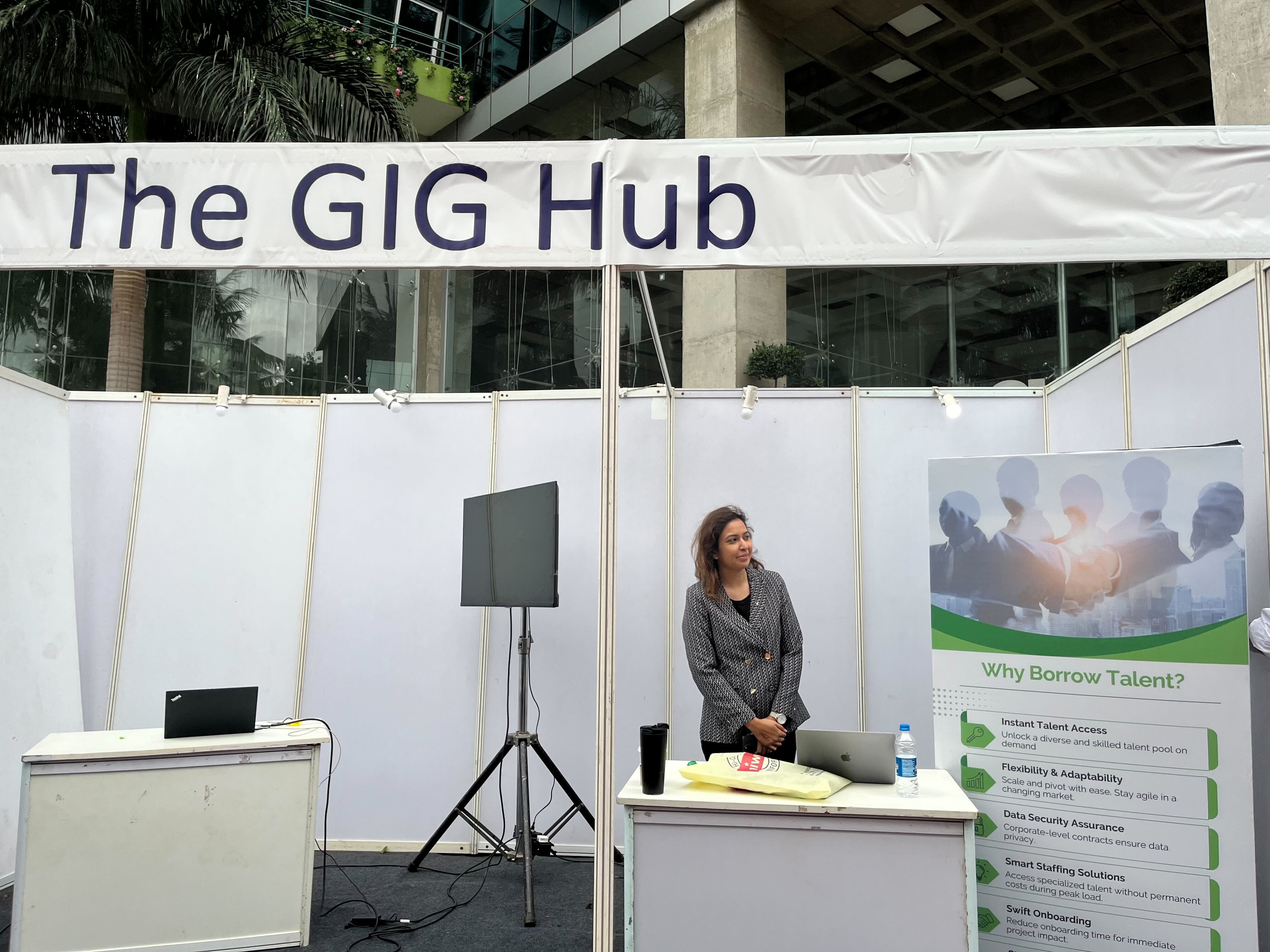Written by: Flexing It
10/01/2018
5 minutes read
![eye]() 42
42
![share]() 0shares
0shares
Professionals value workforce flexibility and purpose within an organization with meaningful work as their key motivators — irrespective of their gender, nationality or generation. This would drive the future of work over the next decade. This finding, from the Thriving in the Future Workforce survey conducted by Flexing It™, a marketplace for quality short-term, flexible skills was undertaken in July 2017. The Indian and international respondents of the survey included 500 organizations and 250 professional consultants.
According to the survey, when asked to choose trends that would have the biggest impact on the future of work, organizations rated meaningful work (63%), less rigid forms of work (35%) and continuous learning (48%) among the highest factors. They also rated social intelligence and novel thinking (41%) and critical thinking (55%) as some of the most desirable qualities among those required to thrive in workplaces of the future.
Qualified professionals, who at the start of their careers have worked hard and long, gradually reach a point of burnout. At this point, they are well armed with not just the right education but also substantiated skills of some significant full-time work experience in their field. Coincidentally, at this time many of them also get married and start a family. And so, seeking to work on one’s own terms and spending the time to do the things they enjoy become critical in achieving that quintessential sense of work-life balance.
It is here that the culture of independent working/ freelancing/ part-time assignments/ project-based work comes in. A freelance professional is essentially one who is self-employed and can work on particular assignments with different companies simultaneously. Several corporate freelancers and young parents constitute this flexible workforce. In such an ecosystem, the individual does not feel tied down by traditional work structures and can control what one wants to do based on what interests them. Moreover, a freelance professional usually enjoy the flexibility to work at whatever time it best suits him or her — including in the middle of the night or during the weekend. Also, with the expansion of technology, it is no longer imperative for one to be physically present in an office space, as tools such as Skype can be used for conference or other calls. Flexing It’s survey findings reveal that within five years, one-third of organizations will have half of their workforce as flexible talent.
Clocking in a fixed nine-to-five day at the office day in and day out can get rather mundane. You get ready in the morning, drop off your child to a crèche, and then spend an hour or two beating traffic — all this before you even get to work! Add to this, another hour spent in a ‘team meeting’ that results in nothing much and then downing endless cups of coffee with your colleagues in the café. At the end of the day, if the work itself is not challenging or exciting (read ‘meaningful’) enough, the entire exercise can seem quite worthless.
Contrast this with working remotely/from home. As the concept of work-life balance increasingly becomes a question of work-life integration, one can utilize one’s time more effectively — while getting a whole lot more done in their day. You can pick several projects at a time (depending on your capacity) that appeal to you and spend some dedicated hours to complete the commissioned work by a mutually decided deadline. The rest of the day can be spent tending to your child, following a fitness regimen or even squeezing in a lunch outing with a friend. Overall, the time you spend doing work (that you love) may be less as compared to spending an entire day at the office (and doing a bunch of things that you might loathe). Moreover, the effort that you put into your work would certainly be more concentrated. And the output, as a result, is more effective.
According to the Flexing It‘s survey, approximately 40% of organizations and 45% of independent consultants voted a purposeful organization as a key motivator over the coming decade. While the scenario (and most importantly, the traditional mindset) will still take a while to make a complete shift in India, the trend is gradually veering towards this direction. Further, the survey found that while 30% of Indian government/public-sector professionals voted job security as a prime motivator, more than 40% of the private sector was driven by a purposeful organization.
The increasing number of millennials in the workforce is contributing to this trend in a big way too. Millennials are eager to learn and often look for challenges in their jobs. The survey found that unlike their older, more traditional counterparts, this restless, easily bored generation values
factors like flexibility and purpose far higher than remuneration when it comes to the work they choose to do. Less than 9% of professionals with work experience between five and 10 years rated remuneration as a motivator.
Further, it was found that creating a social impact and contributing to a cause through one’s work goes a long way in better engaging the millennial workforce. According to findings from the Deloitte Millennial Survey 2017, opportunities to be involved with “good causes” at the local level, many of which are enabled by employers, make millennials feel they are making a positive difference, thus providing them with a greater sense of influence and empowerment. Given that a total of 77% millennials have involved themselves in a charity, they appear to consider the “charitable” route an impactful method of changing the world around them.
In a nutshell, new-age concepts like flexibility, purpose, and meaning are norms rather than exceptions in the future of work. Organisations that are likely to succeed in the future are already adapting to this new paradigm.
**This article was first published by Flexing It, on Network18**








 `
`  42
42
 0shares
0shares





